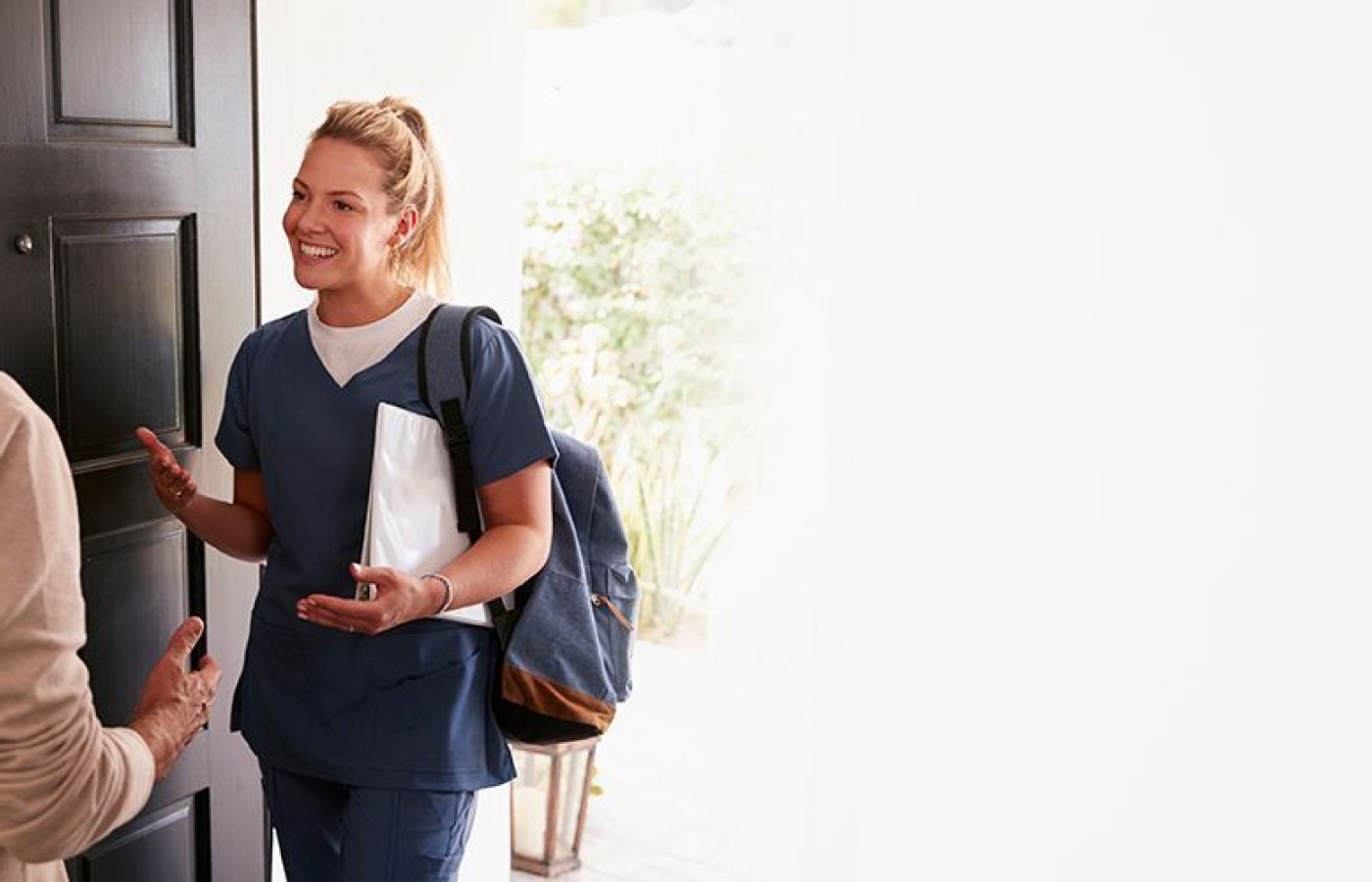It’s a new year and many chiropractors are evaluating what will enhance their respective practices, particularly as it relates to their bottom line. One of the most common questions I get is: “Do I need to be credentialed to bill insurance, and what are the best plans to join?” It’s a loaded question – but one every DC ponders. Whether you're already in-network or pondering whether to join, here's what you need to know.
House-Call Chiropractic
In practice, you repeatedly hear the same excuses from some patients: "I don't have time to make it in" or "Our schedules don't match up." You then try to convince them health should be their #1 priority. But they don't share the same beliefs as you, so eventually you give up and move on to the next patient. But what if there was a way for everyone to get the care they need?
This is why I became a mobile chiropractor – to provide chiropractic care to the people who can't make it into an office. House-call visits by chiropractors were a thing of the past, but recent events are pushing them back to the forefront again.
Why House-Call Chiropractic Is a Great Practice Option (Again)
Chiropractic has been around for well over a century now. From the beginning, the strong opposition from both the public and the medical community pushed chiropractic to the sidelines. No matter the push, chiropractors have been there to serve the ones who understood and saw the benefits of it.

In recent years, chiropractic has seen an increase in popularity; perhaps due to the internet and social media, or maybe the shift away from conventional medicine toward a more preventative / holistic way of healing. Nonetheless, we have been at the forefront of patient-centered care from the beginning.
A chiropractor would perform a house-call visit when someone could not make it to the office; typically patients who were too sick to leave their house. The DC would leave their office and pay them a visit.
Today, a lot has changed. Although on occasion, people get stuck at home or in bed and need help, it's not always due to back or neck pain. The increased amount of people working from home, the tight schedules, and the limited time to get to an office during operating hours have increased the demand for house calls. People around the nation are being proactive about their health and seeking ways to maintain a healthy lifestyle on a busy schedule.
Exploring the Benefits vs. Office Practice
Time: Time is definitely one of the greatest commodities we have. Almost everyone wishes there were 26 hours in a day and 400 days in a year. Patients typically spend 20-30 minutes traveling to and from an office, and another 10-15 minutes in the waiting room before and after they get treated.
Doing this once a week for a month adds up to more than two hours a month. Providing house calls to patients allows them to maximize their time and energy on the things they truly want to do. Giving people time back by providing them with onsite services is a commodity today's society is searching and willing to pay for.
Income and Loyalty: What that means for the provider is higher income per contact time and a loyal customer who will always prefer your services to others.
As you can clearly tell, this type of practice it is not a high-volume model. In other words, you are not constantly trying to push people through the door to generate revenue. But because these services are compensated at a higher rate, one requires a smaller number of patients to be profitable and create their desired revenue. As providers, you do not feel like you are beaten up at the end of the day by seeing 70 patients day after day.
Overhead: One of the greatest advantages of being a mobile chiropractor is that the overhead of the practice is as small or as large as you want it to be. You can have the minimal systems in place that would run you less than $1,000 per month! With an overhead that small, you can create a profit margin of 95 percent. The possibilities are endless with this type of practice.
Convenience: With more and more people looking into alternative ways to stay healthy, mobile chiropractic can provide them with a convenient way to do so. It's not by luck that major hospitals and health services are now deploying mobile services. Anything from urgent care, imaging, IV therapy, even gyms! The new way of providing services is mobile.
Make a Bigger Difference: What I like the most about the mobile setting is that you get to see the patient in their own environment. You get to understand a lot more about the patient's life and habits, so you are able to impact their life is a much deeper way.
A Potential Drawback
A negative to being a mobile chiropractor is the lack of modalities you can offer. When you encounter a patient in their space, with essentially just a table and your two hands, you'd better know what you are doing and what they need. Even though you are able to deliver more personable time with the patient, it is up to your clinical knowledge and capabilities to deliver the best results possible. You have no modalities to fall back on (except ones you can carry with you), or CAs to pass the patient to. It's all up to you.
Practical Takeaway
Personally, I find house calls very rewarding. Whether it's because the patient would otherwise not seek help or could not leave their house due to pain, you are constantly helping people improve their lives in significant ways.



